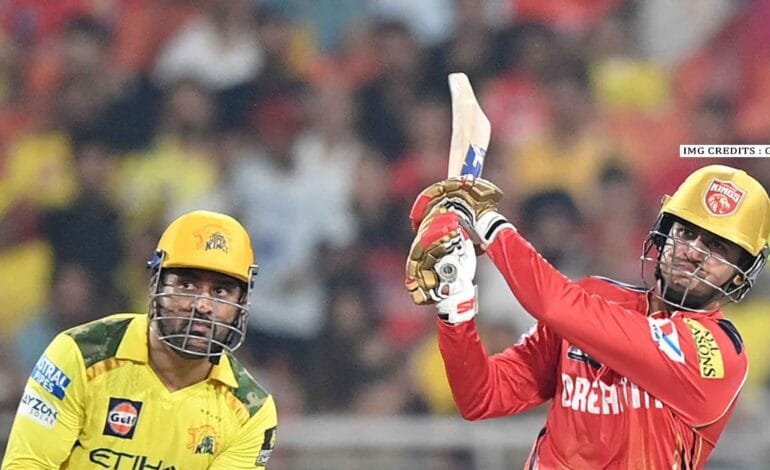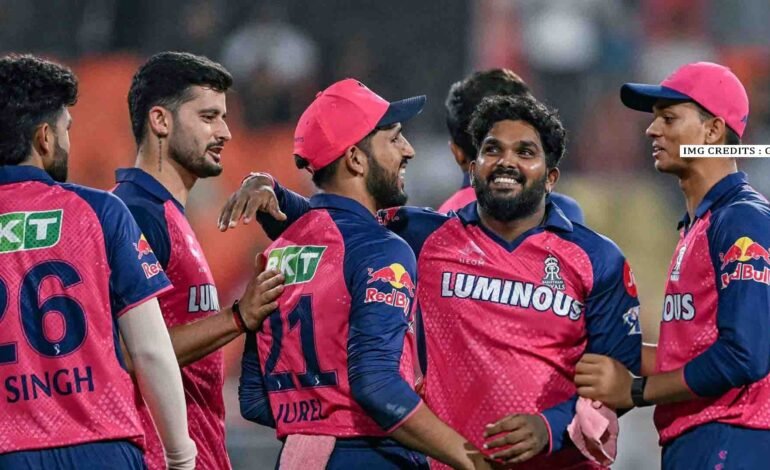Amarinder Bhinder (Former Head Coach of Cricket Canada), I am excited to share my insights on enhancing Cricket Game Awareness among players.
Being a captain is more than just wearing the armband; it requires intelligence, leadership, and unwavering commitment. A great captain understands the game deeply, makes calculated decisions, and keeps the team united. Ultimately, a captain is not just a leader on the field but a driving force behind a team’s success.
Essential Qualities of a Great Captain
Captains come in different styles,some are aggressive and disciplined, and others are highly organized or quiet yet effective. However, one trait they all share is critical thinking. A great captain always puts the team first, makes sacrifices for victory, and is prepared to make tough decisions.
Key Attributes of a Successful Captain
1.Tactical Acumen & Decision-Making
A captain must be calm under pressure, disciplined, and lead from the front.
Understanding the opponent’s mentality is crucial. For example, against attacking players, the best tactic is often to slow the game down and play “boring” cricket.
A captain must always have multiple game plans (Plan A, B, and C) and work closely with video analysts to identify opponents’ weaknesses.
2.Communication & Team Management
Clear, confident communication is essential. Miscommunication can create doubt within the team.
One-on-one conversations help players understand their roles better, ensuring alignment with the coach’s strategy.
A captain must maintain a professional yet approachable relationship with teammates.
3.Game Awareness & Adaptability
Knowing when to accelerate or slow the pace of the game can be the difference between winning and losing.
Effective field placements, correct bowling changes, and a well-structured batting order are key responsibilities.
Understanding fielding angles and optimizing bowler usage with the coach’s input is vital.
4.Leadership & Discipline
A captain must lead by example, especially in discipline, work ethic, and attitude.
Handling tense situations with confidence, intelligence, and bravery sets the tone for the team.
Cultural awareness and language skills can enhance leadership effectiveness, particularly in diverse teams.
5.Coach-Captain Relationship
A captain is essentially the coach’s right hand, and their relationship must be built on trust and clear communication.
While implementing the coach’s plans, a captain must also be adaptable, making real-time decisions based on match conditions.
In a 50-over game, a captain makes over 200 decisions, and at least 95% of them must be correct. These decisions depend on various factors: a player mindset, game situation, tournament context, and opponent strategy.

Read more article of Amarinder Bhinder (Former Head Coach of Cricket Canada)



